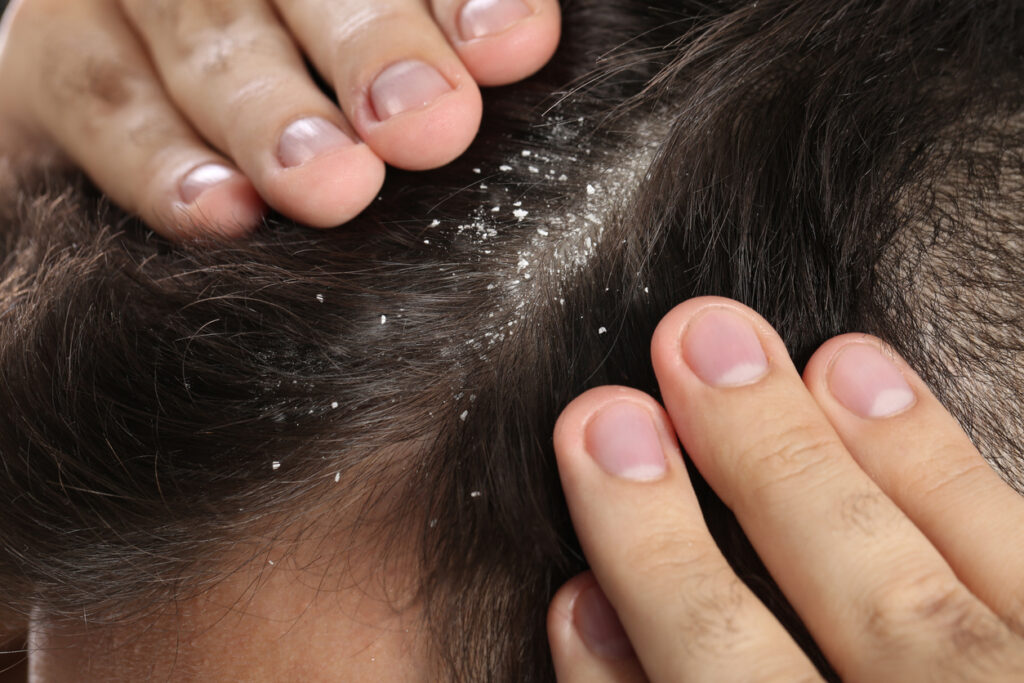CeraVe and L’Oréal Groupe’s collaborative study on scalp biology received the Applied Research Award at the 35th International Federation of Societies of Cosmetic Chemists (IFSCC) Congress in Cannes, France.
This research compared dandruff-affected and healthy scalps, assessing clinical symptoms, ceramide profiles, microbiome composition, and inflammatory markers to provide a comprehensive picture of dandruff pathophysiology to date. Researchers from L’Oréal evaluated more than 200 participants from diverse racial and ethnic backgrounds for this study.
The research builds on and expands earlier microbiome research, which was published in the Journal of Drugs in Dermatology. Whereas previous work characterized the scalp microbiome in a global population, the IFSCC-recognized study goes further—providing a deeper analysis by examining differences across ethnic groups and, for the first time, exploring the functional profile of the microbiome.
Key discoveries include:
- Bacterial drivers: Staphylococcus aureus (S. aureus) and Staphylococcus capitis (S. capitis)—two types of bacteria commonly found on the skin—were consistently more abundant in dandruff across all ethnicities.
- Strong S. aureus link: A significant positive correlation was identified between S. aureus abundance and dandruff presence and severity.
- Virulence factors: Dandruff scalps showed significantly higher virulence factor (VF) gene levels, particularly in Latin/Hispanic and Asian American groups, with many VFs previously linked to S. aureus pathogenicity.
- Personalized treatment: This is the first study to characterize dandruff scalp microbiome function across ethnicities, underscoring the need for diverse, personalized treatment approaches.
- Ethnic variations: Malassezia levels were higher in dandruff across all ethnic groups except Asian Americans, and Malassezia globosa, one of the most prevalent species associated with scalp health, was prevalent on healthy scalps in all populations.
“Receiving the IFSCC Applied Research Award is a testament to our joint commitment to scientific innovation and understanding the intricate biology of skin and scalp barrier health,” says Gene Colón, Global Senior Vice President, Medical Affairs & Communications for CeraVe at L’Oréal, in a news release. “This game-changing research moves beyond the traditional view of dandruff to highlight the role of ceramide deficiency and scalp barrier dysfunction, the critical bacterial component and the impact of ethnicity. It significantly expands our scientific understanding, rooted in our foundational ceramide science, offering new perspectives and possibilities for future innovations.”
“This recognition reflects L’Oréal’s Research & Innovation teams’ leadership in scientific innovation and our mission to pioneer skin, hair, and scalp science continuously,” adds Qian Zheng, PhD, Senior Vice President of Advanced Research for North America and Global Head for Regenerative Beauty at L’Oréal Groupe. “By integrating microbiome research with barrier biology through an inclusive lens, our teams are pioneering new approaches to scalp care—translating deep biological insights into targeted, effective solutions for consumers around the world.”


